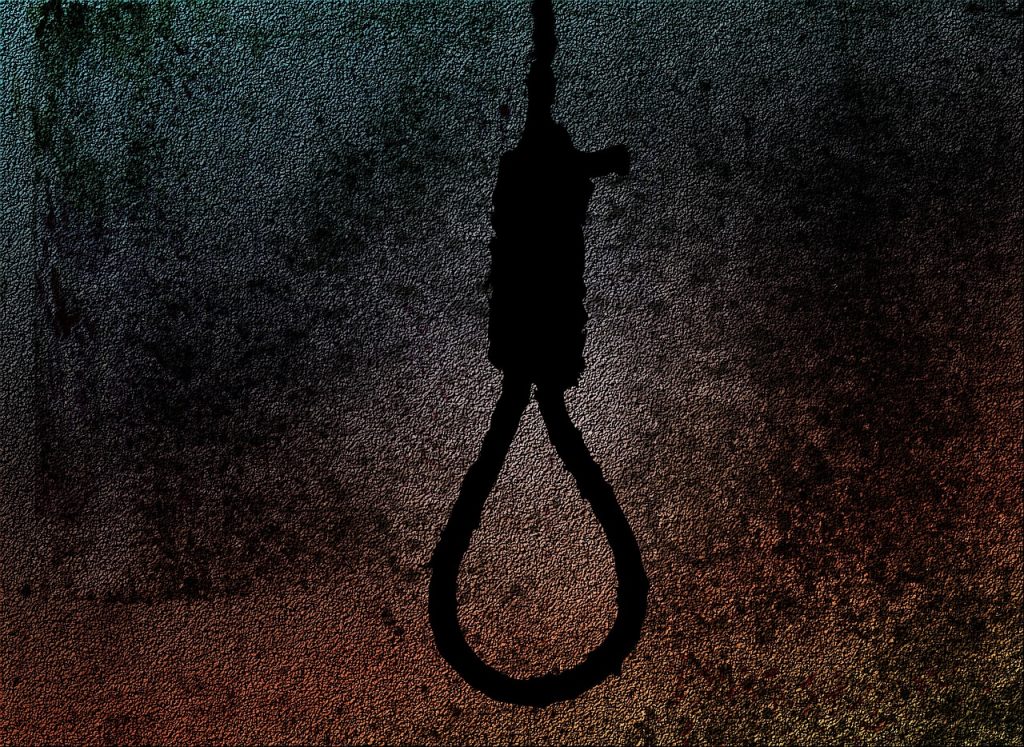
Inherently, suicide has been something we, as South Asians, have been taught to keep our mouths shut about. We’ve embraced a strict “don’t ask, don’t tell” policy because previous generations have told us that suicide is a disgrace to society, to family. However, in recent years South Asian cinema has attempted to break the stigma associated with suicide.
One of the earliest films in Bollywood cinema that involved a plot associated with suicide was Nishabd (2007) which featured Jiah Khan and Amitabh Bachchan. Ironically enough, Jiah herself died in a suspected case of suicide back in 2013. This movie was centered on the twisted love story between a married man (Bachchan) and his 18-year-old daughter’s friend (Khan). For many people, a love story between a man and a girl the age of his daughter is not the most relatable. We come from a region where for generations, and even still in some areas, it was common practice for young girls to be wed to much older men by force. I found it somewhat unsettling that the movie showed the exact opposite – the notion of a relationship between an older man and young girl was romanticized. However, while I did not think the plot is a good way to bring up suicide necessarily, I did believe that the inner turmoil that Bachchan’s character experienced (which ultimately led to his suicidal ideation) was quite accurate. Though it was exaggerated (as most Bollywood movies are) since he attempts suicide every day but does not die simply because he wants to bask in the memories he has of Jia (Khan’s character in the movie).
[Read Related: Is it Bollywood’s Job to Provide Sex Education?]
One movie that highlighted several societal issues and did justice ended in the double suicide of the main characters. Ishaqzaade was the debut film of actors Arjun Kapoor and Parineeti Chopra in 2012. It is a forbidden love story (shocker), but this time presented a much more relatable issue: a clash between lovers of different castes and religions. I feel as though this is a much more relevant issue, even today, six years after this movie was released because of the suicides that took place in the end. While I don’t believe that suicide is the resort of everyone from different religions whose families do not approve, the issue itself resulting in the suicide is something that people can claim experience with, thus making things more believable and relatable.
Another movie that I believe was very relatable and helpful for parents and students everywhere was Amir Khan’s 2009 hit film: 3 Idiots. I think it is safe to say that South Asian students across the world, experience extreme pressure when it comes to education. This, of course, makes it no surprise that South Asian students (specifically in India) have the highest rate of suicide. In 3 Idiots we see the suicide of the genius Joy Lobo after our beloved Rancho (Amir Khan) reconstructs his discarded drone project. When Rancho and the rest of the students fly the drone up to Joy’s room to show him his project wasn’t unsuccessful, they find Joy hanging from his ceiling, with the words “I quit” across his wall. The audience encounters suicide again when Raju (Rancho’s best friend) is overcome with the immense pressure to choose whether to support his family or sticking by his best friend, and jumps out of the dean’s window, hoping to end his spell of bad grades and the disgrace to his family that came with it. I feel like the portrayals of suicide in 3 Idiots, were much more in touch with the reality of the struggle many South Asian students face. There was a love story involved in the movie; however, unlike other Bollywood movies, it was not the plot nor did it take over the plot. This was significant because I feel like a love story isn’t always necessary for a movie, especially when talking about topics such as suicide.
[Read Related: Divorce: How to Survive While Maintaining Your Physical and Mental Health]
In South Asian cinema, Tollywood has done better than Bollywood in the matter of suicide. In the Tamil movie 3, high school sweethearts that eventually get married are torn apart by the husband’s suicide. The emotion and turmoil caused by mental illness are clearly visible in the film, and that is what makes the movie so believable and true to the subject. Many movies dance around the subjects of mental illness and suicide, whereas this one tackled it head-on. It displayed the detrimental effects of mental illness (bipolar disorder) and showed how it can lead to suicide.
While I don’t think South Asian cinema has perfected the art of portraying and explaining suicide, it has at least progressed enough to spark conversation. In recent years, it has been amazing to see more and more South Asians talking about not just suicide, but mental illness and health in general. The conversation has indeed started, it is just up to us as an audience and all those involved in the filmmaking process to keep it going for future generations.




